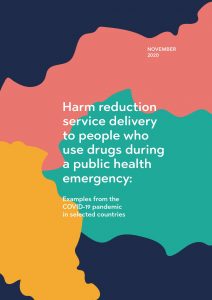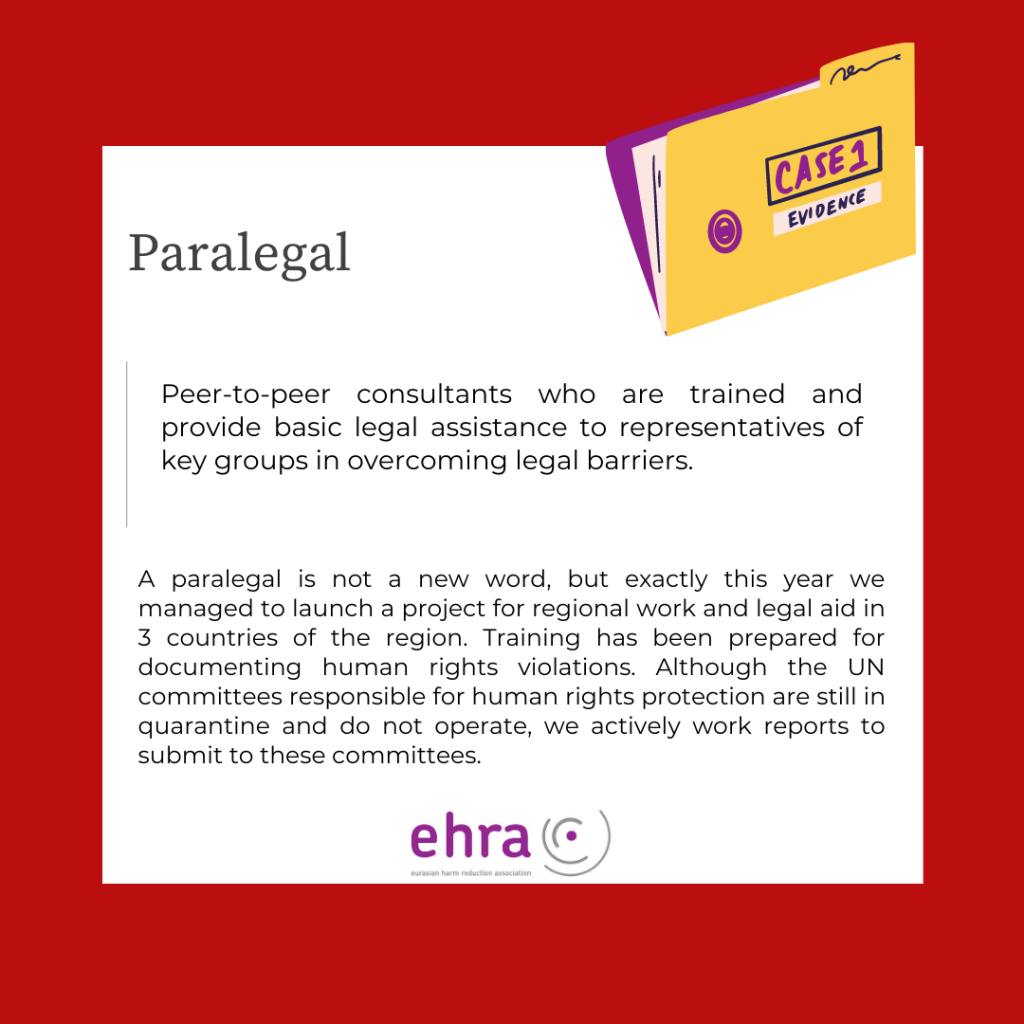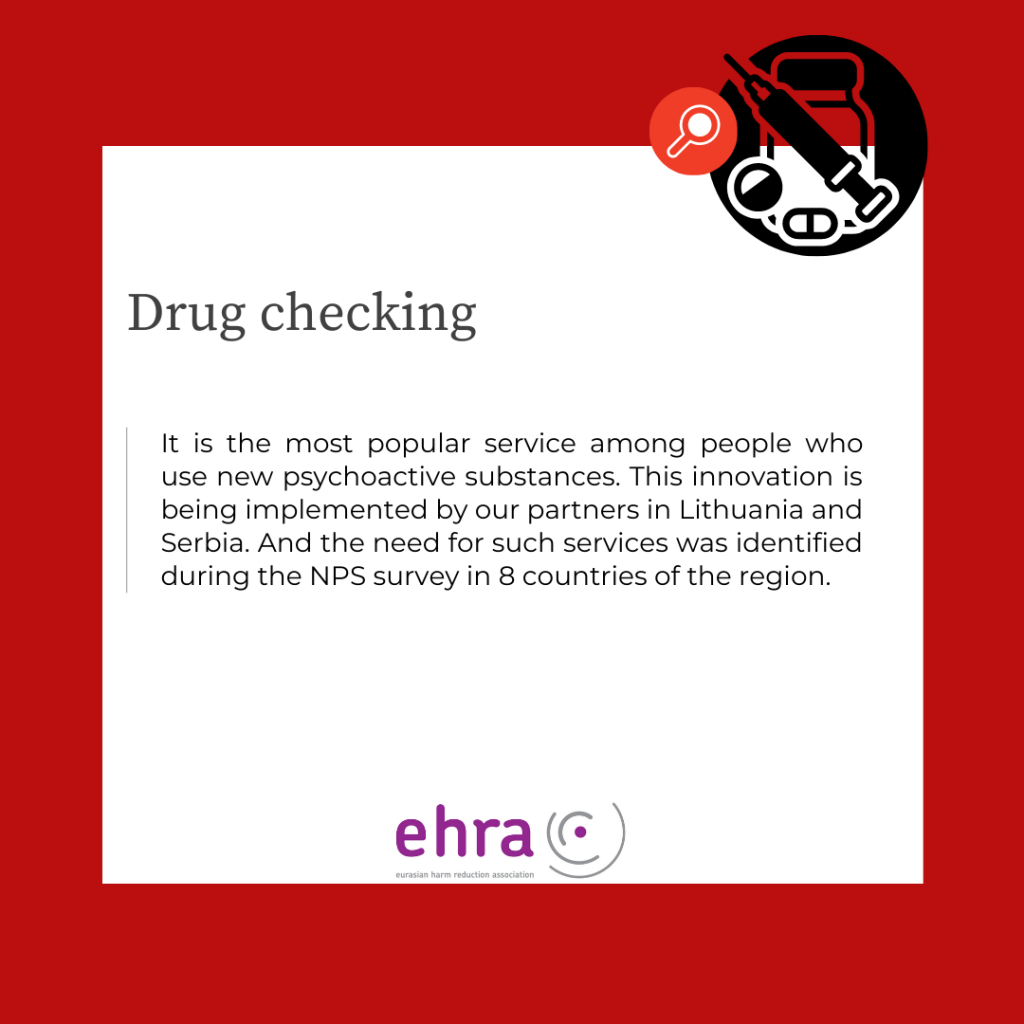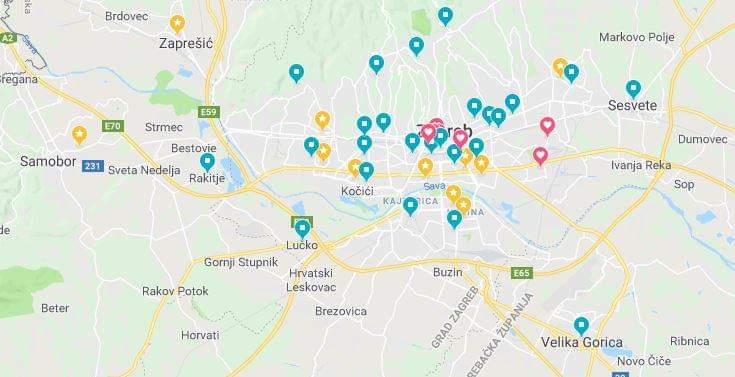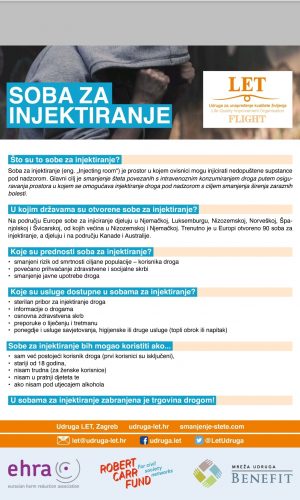The Eurasian Harm Reduction Association (EHRA) Code of Ethics (the Code) is a set of fundamental principles, standards and policies to govern decisions and behaviour at EHRA. The Code clarifies an organization’s mission, values and principles, linking them with defined standards of professional conduct, as well as gives specific guidance for handling issues like compliance, integrity, anti-fraud, non-discrimination, anti-harassment policy and Conflict of interest.
The Code is intended primarily for EHRA’s employees and members, and together with the EHRA Code of Conduct the Code is a main guide and reference for employees and governing bodies to support day-to-day decision making. The Code also serves as statement of organizational values internally for EHRA members, as well as for partners with whom EHRA has contractual and partnership relations. The Code shows EHRA commitments for external stakeholders such as advocacy allies, potential EHRA donors, UN agencies, other national and international organizations.
EHRA requires governing bodies, members and employees to observe high standards of business and personal ethics in the conduct of their duties and responsibilities. As employees and representatives of the EHRA, we must practice honesty and integrity in fulfilling our responsibilities and comply with all applicable laws and regulations.
The Code is made up of 4 policies:
- Compliance, Integrity and Antifraud policy
- Conflict of Interest policy
- Non-discrimination, Anti-Harassment Policy and Complaint Procedure
- Whistleblowing policy
The Code was formulated and adopted by EHRA Steering Committee and included input from EHRA members. The Code should be revised depending on needs, but not less than once in 5 years. All revisions and amendments should be approved by the Steering Committee.
FULL TEXT OF THE EHRA CODE OF ETHICS

